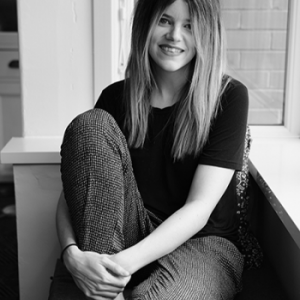Conversations on Consent video series launches
Associated people
A four-part video series focussing on the topical philosophical issues around sexual consent has been launched on the Faculty’s YouTube channel. The videos are in conjunction with the Sexual Consent in the Post-#MeToo World: A Study in Philosophy and Law project. Funded by the Arts and Humanities Research Council (AHRC), the project intends to encourage greater nuance and complexity in the public discourse about sexual consent and #MeToo, and to generate creativity about solutions to the problems it revealed. Led by Kate Greasley, Associate Professor of Law and Tutorial Fellow at Hertford College the project began in April 2023 and ends with the launch of the video series.
The video series brings together policy-makers, legal practitioners and academics in direct conversation to consider what role legal reform may play in promoting better sexual behaviour.
In episode 1 - Michelle Dempsey: Sexual Wrongdoing in the Past, Michelle and Kate discuss the ethics of holding people accountable for sexual (mis)conduct in the distant past. The conversation draws on Professor Dempsey’s 2021 Ethics paper, “Coercion, Consent, and Time.
In episode 2 - Kimberly Ferzan: How to Think Like a Lawyer about Rape, Kimberly and Kate discuss the philosophical issues with consent and blameworthiness that underpin the law of rape. Kimberly also analyses the challenges, and importance, of teaching this subject. The conversation draws on Kimberly’s 2016 paper, “How to Think (Like a Lawyer) About Rape,” published in Criminal Law and Philosophy.
In episode 3 - Rachel Tolley and Kate consider the question of what sorts of deceptions nullify a person’s consent to sexual activity. The conversation draws on Dr. Tolley’s 2024 paper, “Harmfulness and Wrongfulness in Sex-by-Deception,” published in Law and Philosophy.
In episode 4 - Quill Kukla and Kate explore how it is possible to consent to sex in a world riven with inequality and power-imbalance. The conversation draws on Professor Kukla’s 2021 Ethics paper, “A Nonideal Theory of Sexual Consent.


